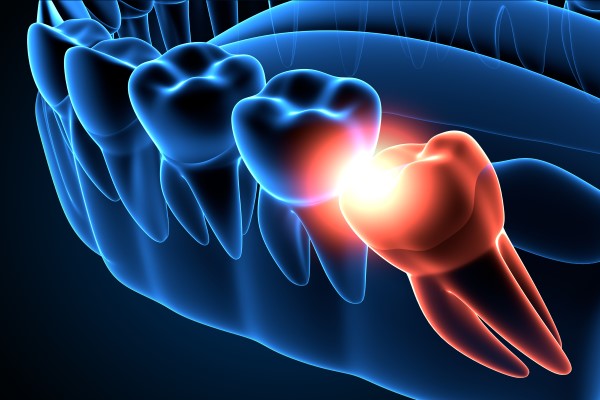Wisdom Teeth Removal Aftercare: Healing and Returning to Normal Activity
Having removal is a significant move for your dental health. This is a decision that can improve your dental health. After the procedure, healing and recovery follow. If you want to find out more about the healing and full recovery following wisdom teeth removal, here are the details.
Healing
After the wisdom teeth removal, there might be a hole left. In time, this will close up. It takes four to six weeks for the healing process to complete. The patient should use mouthwash after each meal. This will maintain the cleanliness of the surgical sites. The patient should avoid drinking alcoholic beverages and smoking tobacco because these habits delay healing.
Particles of food might settle in the surgical site. This will cause pain and infection. The healing process will delay as well. The patient must also avoid touching the surgical site. If the patient feels some sharp bone fragments at the surgical site, this is a normal process. Once this happens, contacting the dentist.
The dentist will prescribe over-the-counter pain medication to manage the pain. If the pain is severe, the patient needs to take the medication according to the direction of the dentist. The patient should avoid driving or working around machinery. Discomfort will subside as days pass.
Swelling is a normal reaction of the body when it has injuries. Surgery is a type of deliberate injury. For wisdom teeth removal, the swelling will peak on the second and third day after the surgery. Using ice packs can help reduce pain and inflammation.
Bleeding is natural after surgery. Wiping or rinsing old clots from the mouth is helpful. Placing a sterile gauze over the site and biting on it will help stop the bleeding. If bleeding persists, get a moist tea bag and bite on it. Tea has tannic acid that can help form a clot. It constricts blood vessels to impede bleeding.
Returning to normal
Rest is important in recovering after any surgery. The patient should not do any strenuous activities for two to three days. Two or three pillows should elevate the head while sleeping. This will help control the bleeding or swelling. The patient should be careful when standing or sitting up from lying down. Fainting or dizziness may happen and can result in injury.
The patient should take regular nourishment. Hydration and a high-calorie, high-protein diet are vital for the patient’s healing. Bruising and swelling will disappear after wisdom teeth removal. When this happens, the shape of the patient’s face will go back to normal. The patient will be able to brush like before after about three days. The dentist will see the patient after a week.
Recovering after wisdom teeth removal is easy with proper guidance
Wisdom teeth removal can improve your dental health. It can be difficult at first, but proper guidance can help you recover from this form of surgery. After four to six weeks, you will be able to return to your normal activities. At the same time, you will enjoy the results of your wisdom teeth removal. An appointment with your dentist can monitor your dental health as you heal.
Are you considering having wisdom teeth checked in the New Albany area? Get more information at https://riverfallsfamilydental.com.
Check out what others are saying about our dental services on Yelp: .
Related Posts
Tooth extraction isn’t generally that complex of a procedure unless we’re talking about wisdom tooth removal. While normal and even surgical extractions can be standard practice, having your wisdom teeth taken out can be a much more involved task for both you and your dentist, depending on the situation behind the removal. It is not…
Wisdom teeth extraction may be recommended by dentists to prevent crooked or overcrowded teeth. Extraction of the third molars may also be necessary before orthodontic treatment begins, to ensure that there is enough room in the upper and lower jaw for teeth to properly shift. Wisdom teeth extraction is not necessary for everyone, but for those…
For many patients, a wisdom tooth extraction is a necessary part of life. Wisdom teeth, also called third molars, typically erupt between the ages of 17 and 25. Patients may experience pressure or pain during this process, and some patients have to see a dentist about it. Many people assume that everyone has to have…
If you have an upcoming appointment for a wisdom tooth extraction, it is helpful to understand what to expect. The more you know about the process, the more at ease you can feel about it. Recovering from the surgery is not always easy, but you can manage the pain and discomfort if you follow some…
